Publié : 23 September 2025
Actualisé : 3 weeks ago
Fiabilité : ✓ Sources vérifiées
Notre équipe met à jour cet article dès que de nouvelles informations sont disponibles.
🔥 The Controversy Surrounding Luc Julia’s Role
Luc Julia’s involvement in the development of Siri has been questioned by a YouTube video, prompting reactions from the true creators of the voice assistant. This video, the precise content of which is not detailed in the source, puts his role into perspective and highlights the contribution of other key players in the project. This public debate highlights the complexity of collaborative innovation and the often simplified attribution of technological discoveries.
The qualification of Luc Julia as “inventor” or “co-creator” is thus nuanced by the testimonies of other members of the original Siri team. The exact nature of his contributions and their relative importance in the emergence of Siri remain important points of discussion. The lack of details on the arguments put forward in the YouTube video makes a complete analysis of the situation difficult.
It is essential to remember that major technological innovations rarely result from the work of a single individual. They are the result of a complex process involving multidisciplinary teams, external collaborations, and a context conducive to the emergence of new ideas. The story of Siri fits perfectly into this logic.
🔥 Who are the true creators of Siri?
Although Luc Julia played a role in the development of Siri, it is crucial to acknowledge the collective contribution that gave rise to this voice assistant. The Siri team was composed of engineers, designers, linguists, and artificial intelligence experts, each contributing to a specific aspect of the project. Identifying each contribution precisely is a complex exercise, often simplified by the media.
Siri, before its acquisition by Apple, was an independent startup. The founding team developed the key technologies that allowed Siri to understand and respond to user requests. The integration of Siri into the Apple ecosystem then marked a major turning point in its history, paving the way for mass adoption by the general public.
Technological innovation is rarely a linear process. Ideas emerge, combine, and evolve over time, making it difficult to attribute the paternity of an invention to a single person. Understanding the genesis of Siri therefore requires an in-depth analysis of the various actors and their respective contributions.
🔥 The Importance of Collective Recognition in Innovation
The controversy surrounding Luc Julia’s role highlights the importance of collective recognition in the innovation process. Minimizing the contribution of various contributors can have detrimental consequences on team motivation and public perception of technological advances. It is essential to value each contribution to encourage collaboration and continuous innovation.
Attributing the invention to a single person can obscure the complexity of the innovation process and the multiple interactions that led to the final creation. Recognizing the contribution of each actor allows for a better understanding of the product’s genesis and values teamwork.
In the case of Siri, it is important to emphasize the importance of collaboration between the different team members, as well as the impact of Apple’s acquisition on the development and popularization of the voice assistant. A complete analysis must take all these factors into account.
🔥 The Future of Voice Assistants
The evolution of voice assistants like Siri is constant. New features appear regularly, improving natural language understanding, the ability to respond to complex queries, and interaction with connected objects. The future promises even more integrated assistants in our daily lives, capable of anticipating our needs and assisting us in increasingly complex tasks.
Artificial intelligence and machine learning play an essential role in this evolution. Learning algorithms allow voice assistants to learn from our interactions, improve their performance, and adapt to our individual preferences. The future of voice assistants is intimately linked to the progress of AI.
The emergence of new players in the voice assistant market stimulates competition and innovation. Each company seeks to offer unique features and differentiating user experiences. This competition is an essential driver of technological progress and the continuous improvement of voice assistants.
« Innovation is the key to success in today’s technological world. » – IActualité.
❓ Frequently Asked Questions
How does the YouTube video in question put Luc Julia’s role in the creation of Siri into perspective?
Why doesn’t the article specify the content of the YouTube video that challenges Luc Julia’s role?
What are the consequences of this controversy on the public perception of Luc Julia’s work and that of the other contributors to Siri?
Does the media’s simplification of the attribution of technological inventions really harm the recognition of collective and multidisciplinary work?
Video automatically selected to enrich your reading



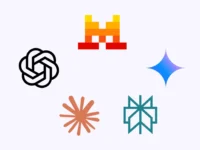
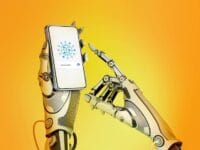

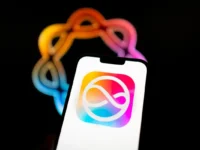
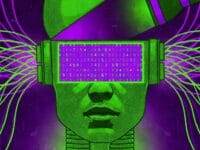










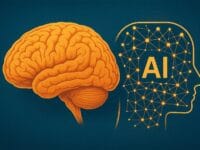
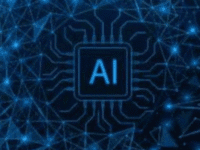


0 Comments